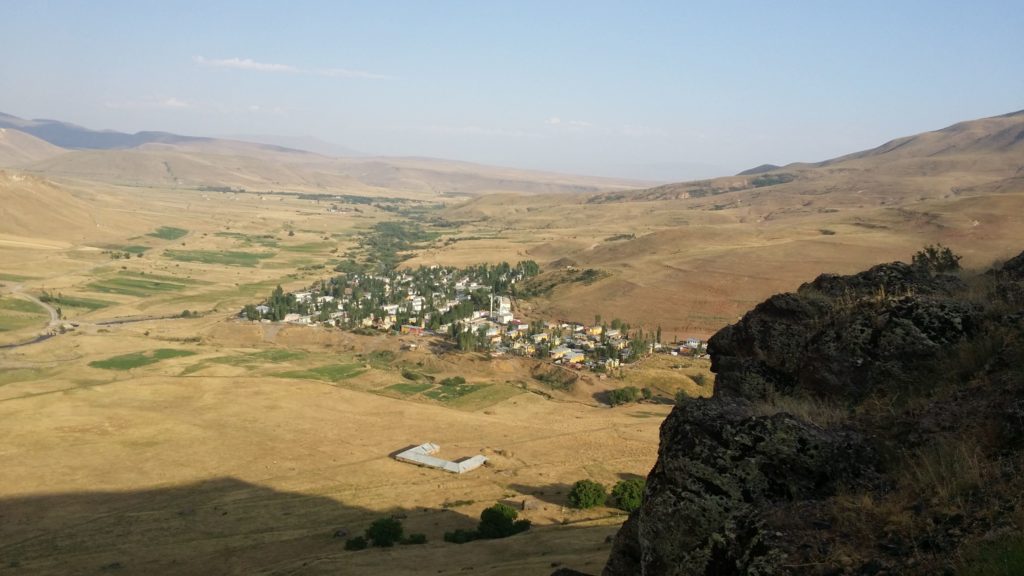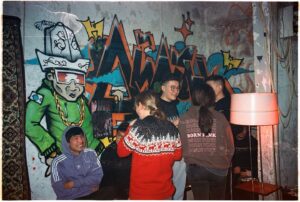In the far east of Turkey, not far from Lake Van, lies a small town called Ulupamir. Here 4,000 ethnic Kyrgyz maintain their cultural traditions and strive to preserve their connection to the Kyrgyz language.
This article is a translation of Как живут ванские кыргызыby which was originally published on Kloop.kg in November 2016. All photos were taken by Atilla Guven and are used with permission.
In 1978, the April (Saur) Revolution brought a Soviet-backed government to power in Afghanistan. This precursor to the Soviet-Afghan war prompted large numbers of the Pamir Kyrgyz community to leave their villages in Afghanistan’s Wakhan region and seek resettlement abroad.
The Pamir Kyrgyz first fled to Pakistan, but they were unaccustomed to the harsh, hot climate and soon sought to be resettled elsewhere. After an unsuccessful attempt to obtain American visas and move to Alaska, efforts by community leader Rahmankul Khan to find resettlement in another country paid off. In 1983, the Pamir Kyrgyz were accepted by Turkey and were provided with land in Van Province. The village of Ulupamir was founded soon after, and with it, the Van Kyrgyz community.
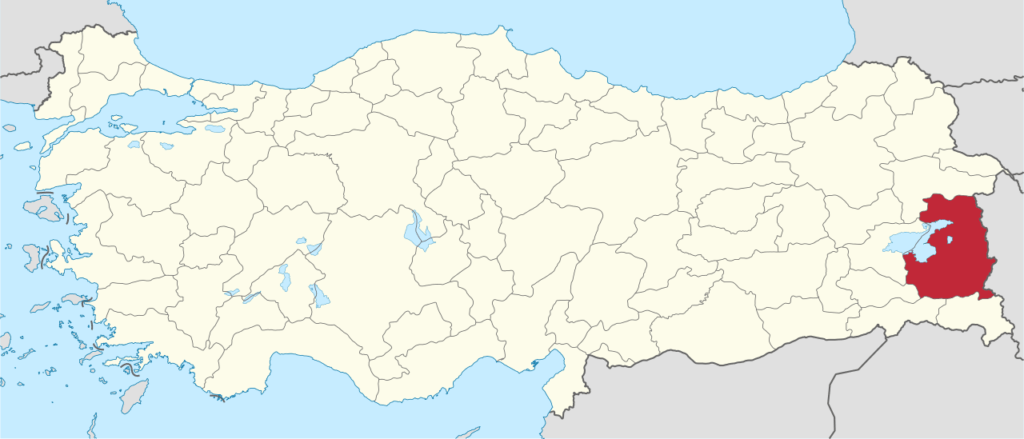
Want more Central Asia in your inbox? Subscribe to our newsletter here.
Ulupamir resident Atilla Guven spoke to Kloop about the daily life of the Van Kyrgyz community while on a visit to Kyrgyzstan. The story hereafter is as told by Atilla Guven.
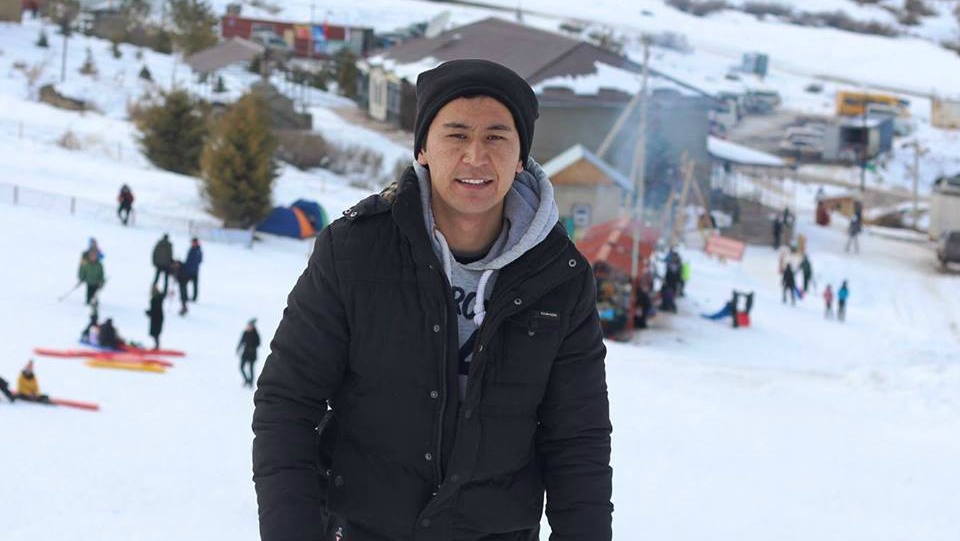
Around 4,000 Pamir Kyrgyz live in Turkey nowadays, approximately 3,000 of them in the Van region and 1,000 in Turkey’s bigger cities. There are 550 families in Ulupamir. The most elderly resident is 90 years old. The number of women and men is equal.
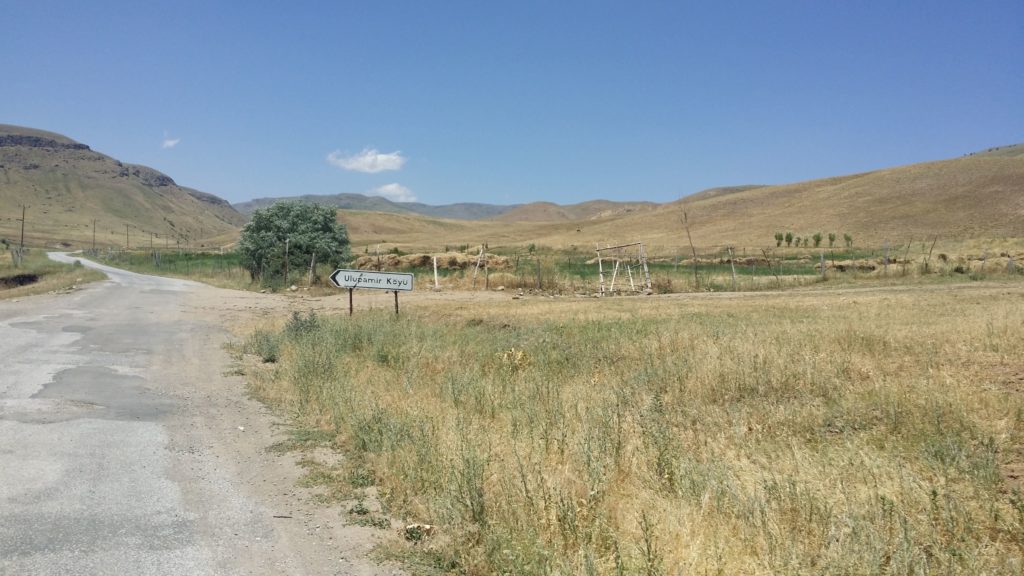
Learning to speak Kyrgyz is the most important issue for us. When Askar Akaev was the president of Kyrgyzstan there was an agreement that teachers from Kyrgyzstan would come to Turkey and teach us the Kyrgyz language. My brothers and sisters learned Kyrgyz in such a way. They were also taught Kyrgyz history and culture, and they in turn transferred that knowledge to their children. After Akaev stepped down as president, the agreement was terminated. Almost nobody speaks Kyrgyz now.
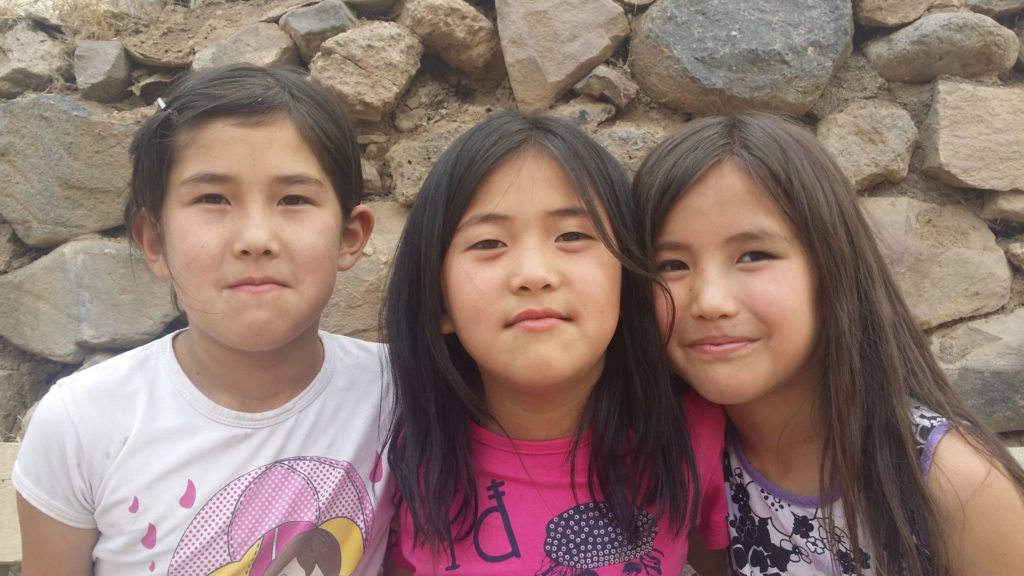
Some people think that they speak Kyrgyz, but they do not notice how similar Kyrgyz and Turkish are. They speak in Turkish but assure us that they are speaking Kyrgyz. People in the village now only learn Turkish. We hope that the Kyrgyz government will renew the previous agreement and help us preserve our language.
Read more on Novastan: More Russian passports, fewer labour migrants: Central Asian migration to Russia in 2020
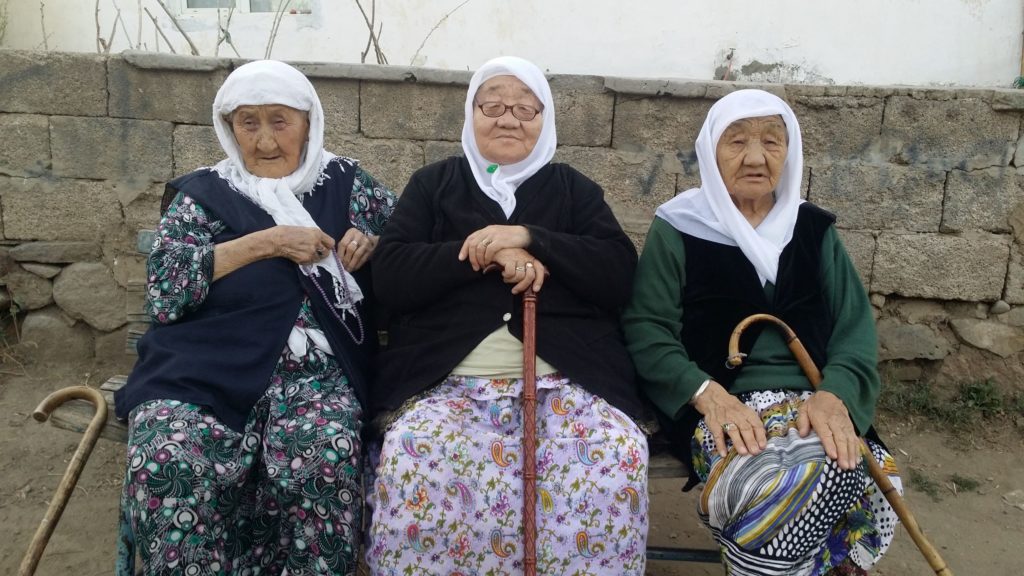
In our village, we have one school with about 20 teachers. There is a hospital and a drugstore on the outskirts of town. Every resident has private transport to get to the hospital quickly in the case somebody gets sick.
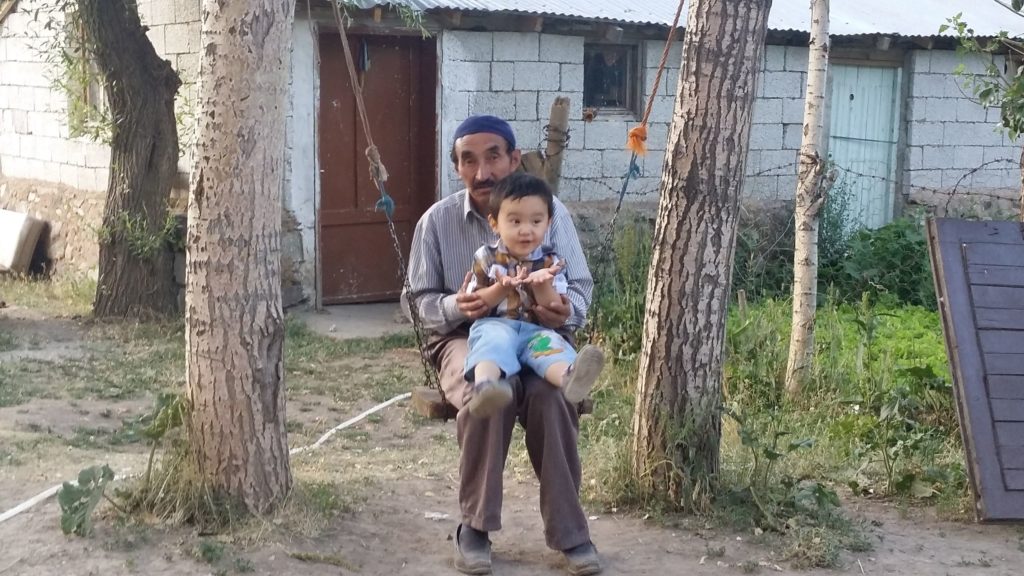
I notice that many people compare us with the Pamir Kyrgyz and think that we also live in difficult conditions. The reality is the opposite. We live in good conditions; we are economically developed and we have state support.
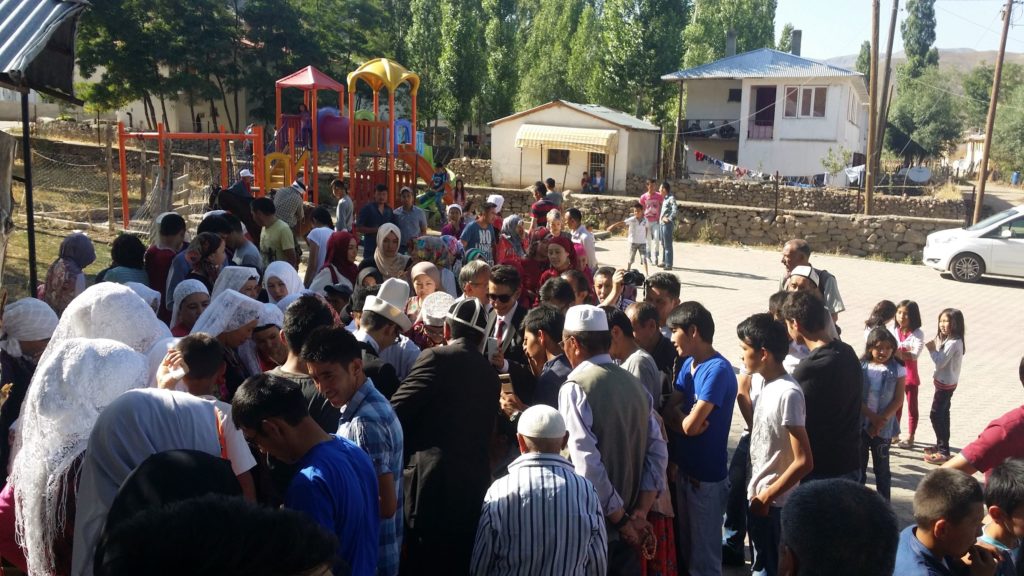
There is no conflict between us and the Kurds. We seek to live quietly and peacefully. They, in turn, adhere to this principle.
We express our appreciation for state support by working as border guards and consequently maintaining stability in the village. As a rule, border guards live in one place for 10-15 years and earn 350-400 dollars per month in wages. A lot of people do not want to join the military; therefore, they move to big cities.
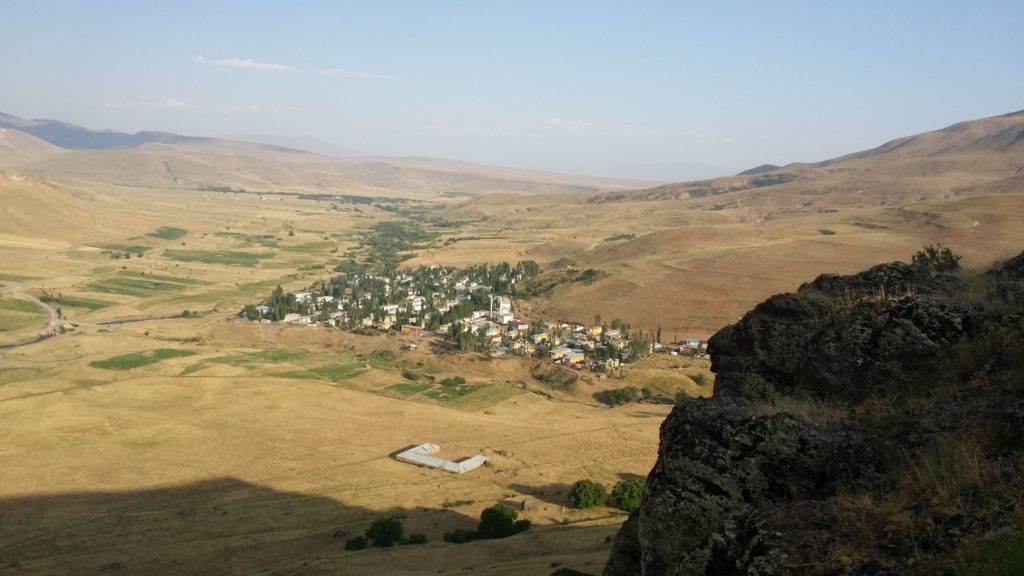
At the moment in Yozgat (a city in central Turkey) houses are being built specifically for the Van Kyrgyz. The houses will be leased for 10 years and about 100 families are now on the waiting list for housing. This is good news for us because we cannot afford to buy a flat in Istanbul or Ankara. The waiting list for housing includes not just people from Ulupamir but also the ethnic Kyrgyz who moved to Istanbul or Ankara.
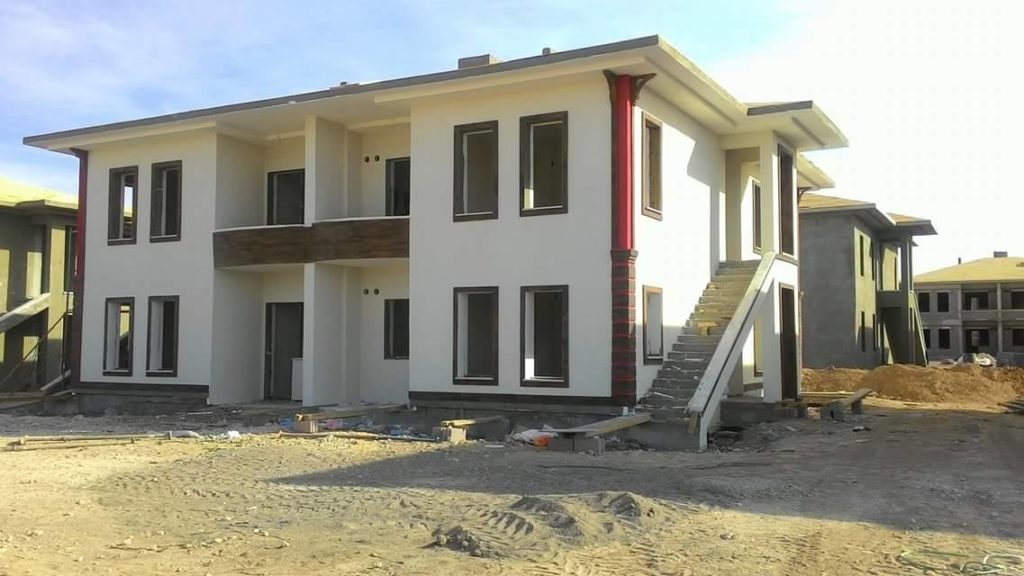
The construction of houses for the ethnic Kyrgyz is an initiative of the Yozgat mayor. There are some plans to build a Kyrgyz cultural center, where monuments to Manas and Chinghiz Aitmatov will be erected.
When we arrived in Turkey, nobody was interested in us except for the mayor of Yozgat. He was the first who came to meet us. He mentioned during his visit that the Van Kyrgyz are close relatives of the Turks and that they must live in good conditions. If one compares the standard of living in Ulupamir with villages in Kyrgyzstan, the standard in Ulupamir will be higher. Turkey supports us constantly.
Read more on Novastan: Kyrgyzstan struggling to meet electricity demand this winter
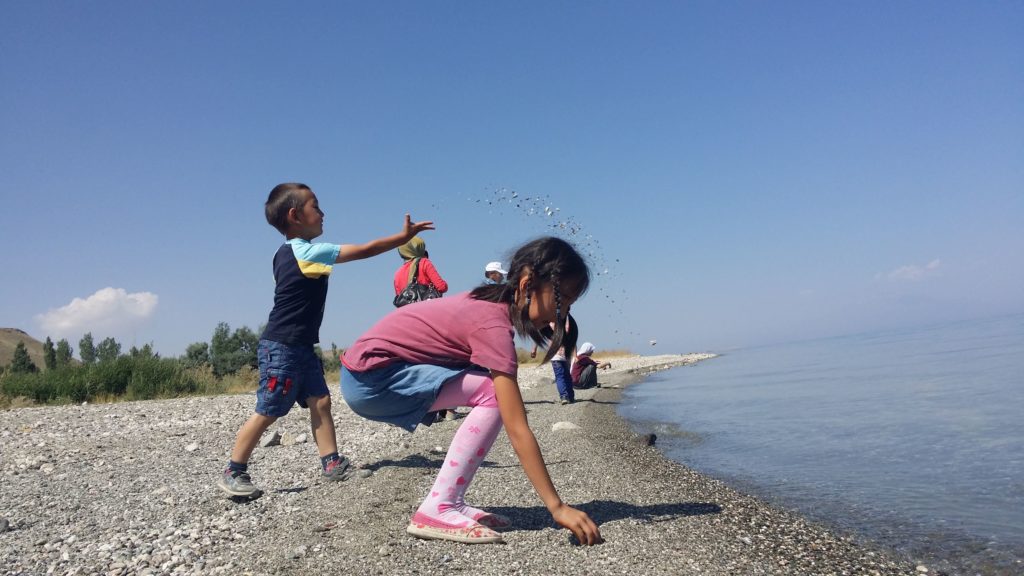
Residents of Ulupamir are involved in cattle breeding and agriculture. Young people study, broaden their horizons. Those who do not study go to Istanbul or Ankara to earn money. They work seven or eight months and come back to the village when it is time to sow crops. Once the sowing is complete, they return to the cities. They generally work in leather manufacturing factories or factories that produce tea.
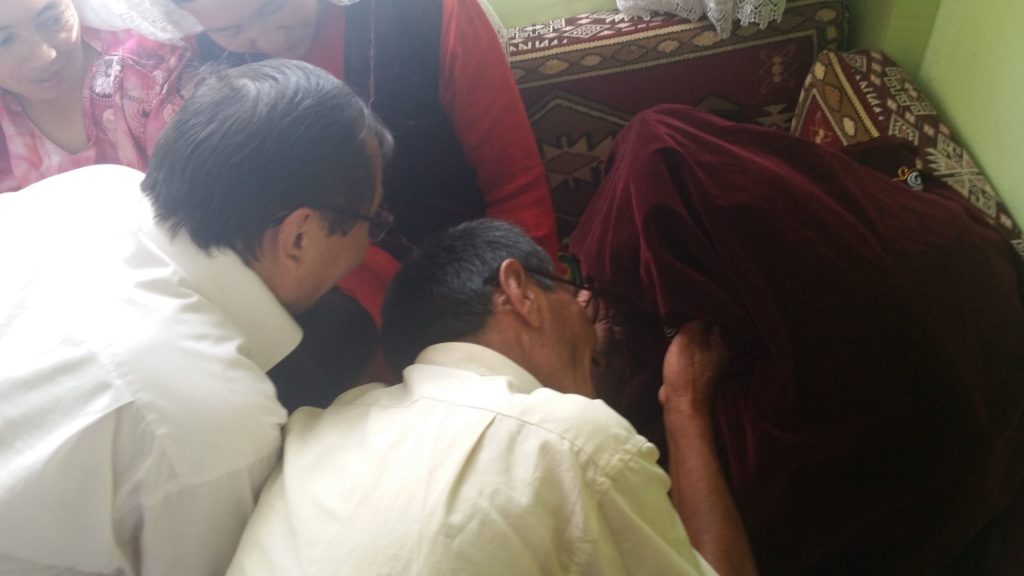
The young people who study in Istanbul or Ankara find love there and get married. Ten years ago, people in Ulupamir practiced their customs: nobody married strangers. I want to marry a Kyrgyz girl from Kyrgyzstan. I want my son to be Kyrgyz.
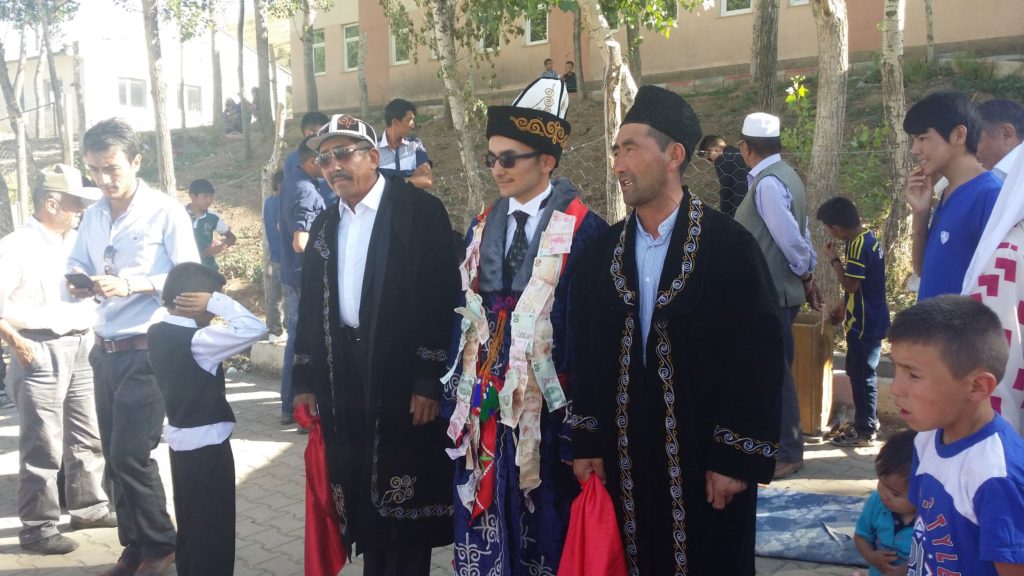
If one compares our traditions with Kyrgyz ones they will notice a lot of differences. In Kyrgyzstan, at the start of a meal, a sheep’s head is offered to the youngest person at the table, but in our village it is offered to the oldest one. We try to preserve traditions. We still play national games like Kok-Boru and Ordo Atysh.
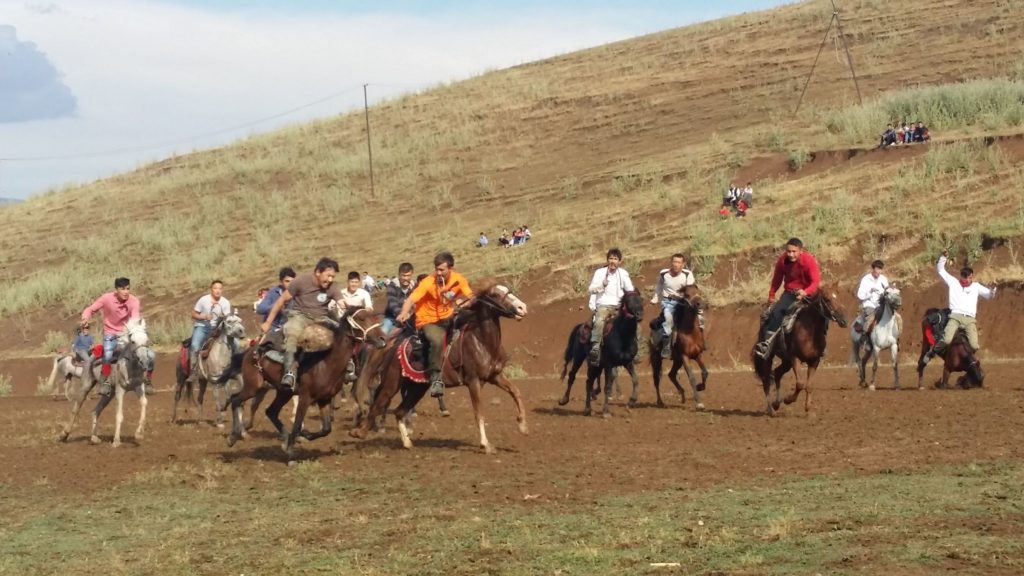
There is a game where girls and boys divide into two teams and throw flour at each other. This game embodies purity and spiritual rapprochement. Guys and girls get to know each other through this game. Thus, fun contributes to the creation of new families and unites the residents.
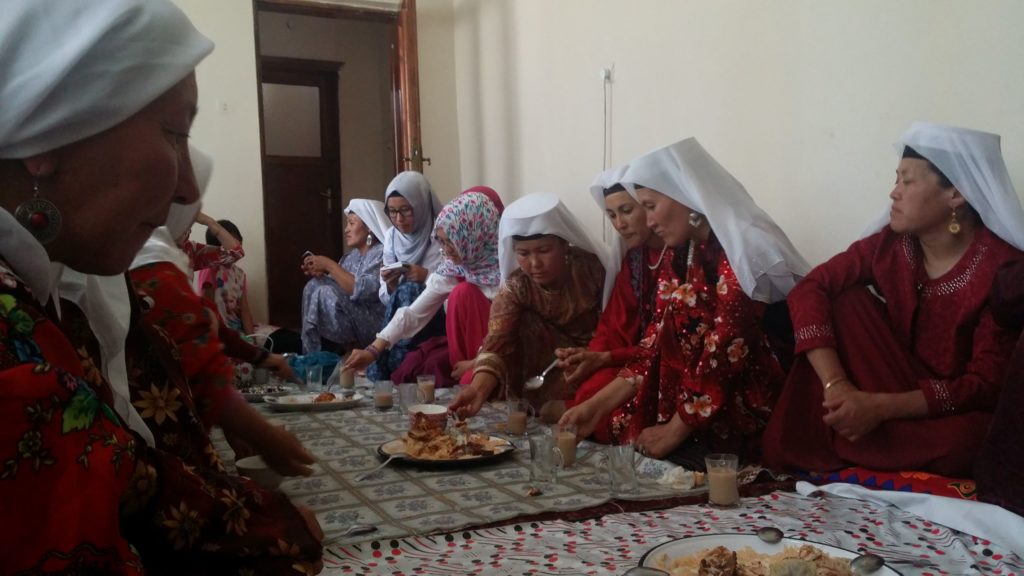
If the Van Kyrgyz moved back to Kyrgyzstan, it would take a lot of time for them to get used to the different conditions, as economically our conditions are better in Turkey. We had a case where some Van Kyrgyz moved to Chong-Alay, became citizens of Kyrgyzstan, and lived there for ten years. But when their sons grew up, they returned to Van.
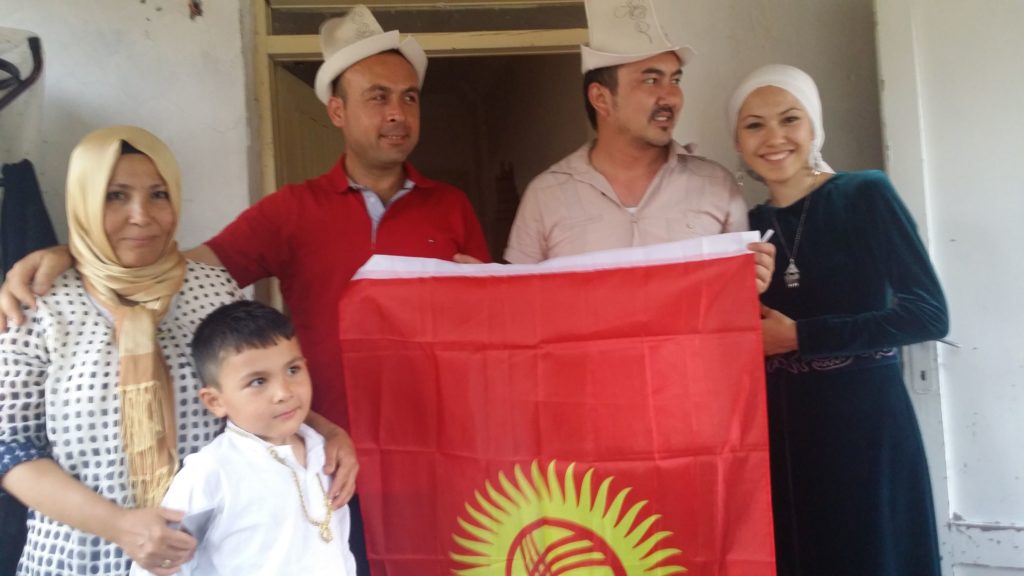
If members of our community manage to travel to Kyrgyzstan, they will definitely want to visit more than once. And those who cannot visit ask enthusiastically “how is it in Kyrgyzstan?” They ask if they would be accepted as Kyrgyz or if they would be called Turks. They want to know how they would be treated. Our elderly people want to visit Kyrgyzstan. They shed tears when they hear about it.
Written by Almir Almambetov for Kloop.kg
Photos by Atilla Guven
Translated from Russian by Aigeldi Eminova
Edited by Clare Hodgson
For more news and analysis from Central Asia, follow us on Twitter, Facebook, Telegram, Linkedin or Instagram.
 From the high Pamirs to the shores of Lake Van: The tale of Turkey’s Kyrgyz community
From the high Pamirs to the shores of Lake Van: The tale of Turkey’s Kyrgyz community 
